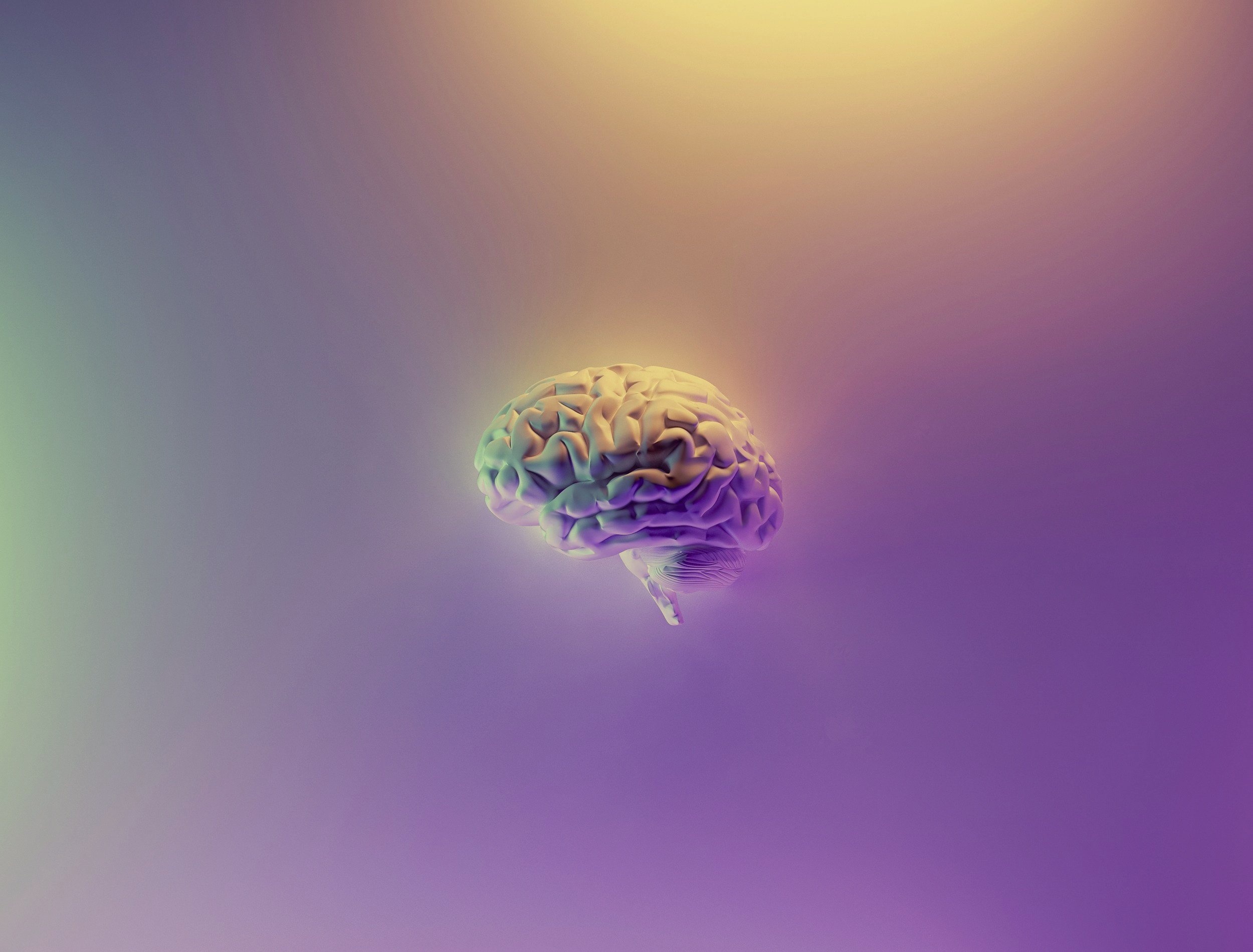
Choline 101: Why it’s Important for Brain Development
Please Note: The information in this blog is intended for educational purposes only and is not a substitute for professional medical advice. Always consult your healthcare provider for medical advice, diagnoses, or treatment.
What is choline?
Choline is a vital nutrient that’s essential for numerous physiological functions. Most of the choline comes from your diet. However, the liver does produce small amounts of this compound.
Chemically speaking, choline is an organic and water-soluble compound that is not classified as a vitamin or mineral. However, many experts associate it with the vitamin B complex due to its similar properties.
Choline is nutrient dense and is involved in liver function, brain development, muscle movement, the nervous system, and metabolism.
The role of choline in brain development
Choline is very important for brain development, especially during the first 1,000 days of life. This includes pregnancy and the first two years after birth. This period is critical for neurodevelopment, which affects brain function throughout a person's life.
Normal brain development – Choline supports the development of the brain and ensures the proper formation of brain cells and neural pathways. Adequate choline intake during pregnancy and early childhood aids in the growth of the fetal brain, which influences functions such as memory and learning.
Protection against neural defects – Choline has protective properties that can mitigate the effects of harmful exposures. For instance, both animal and human studies show that choline supplementation can protect the brain against damage caused by alcohol exposure during pregnancy. It also helps shield the brain from metabolic and neural defects.
Cognitive Function – Research demonstrated that higher choline intake during pregnancy can enhance cognitive functions such as memory and processing speed in children. This nutrient is integral in the formation of acetylcholine, which is a neurotransmitter that mediates memory and muscle control.
Research on choline and brain development
A systematic review of various studies highlights the significant impact of choline on brain development.
Numerous animal studies found that maternal choline supplementation improves neurogenesis (the formation of new neurons), brain structure, and function. For example, increased choline intake in pregnant animals led to better cognitive performance in their offspring.
Research on humans supports these findings. Pregnant women who consumed higher amounts of choline had children with better memory and cognitive abilities. One study found that children whose mothers took choline supplements performed better on memory tasks at age seven compared to those whose mothers did not.
Choline and neurodivergent individuals
Choline is a vital compound for the human body, especially when it comes to developing babies and brain connections. Research suggests that adequate choline intake might mitigate some of the neurological challenges associated with conditions such as ADHD and autism.
